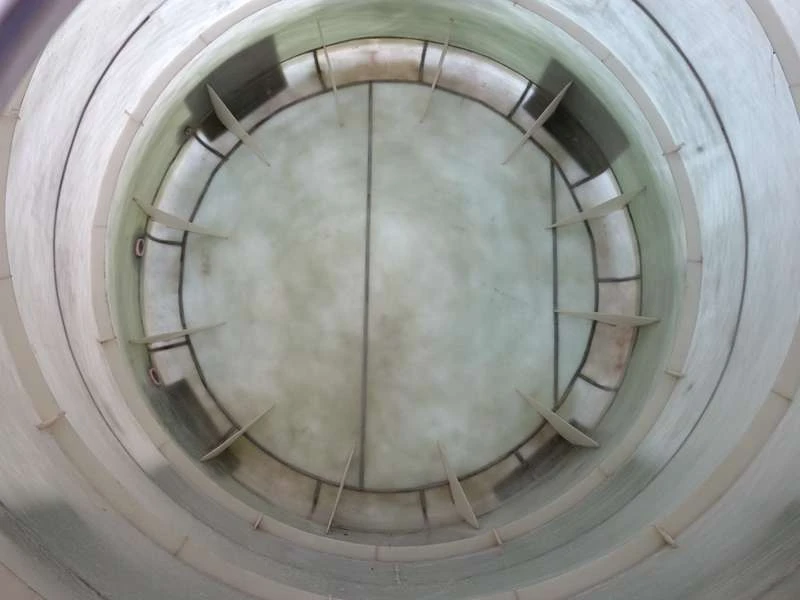
-
 Afrikaans
Afrikaans -
 Albanian
Albanian -
 Amharic
Amharic -
 Arabic
Arabic -
 Armenian
Armenian -
 Azerbaijani
Azerbaijani -
 Basque
Basque -
 Belarusian
Belarusian -
 Bengali
Bengali -
 Bosnian
Bosnian -
 Bulgarian
Bulgarian -
 Catalan
Catalan -
 Cebuano
Cebuano -
 China
China -
 China (Taiwan)
China (Taiwan) -
 Corsican
Corsican -
 Croatian
Croatian -
 Czech
Czech -
 Danish
Danish -
 Dutch
Dutch -
 English
English -
 Esperanto
Esperanto -
 Estonian
Estonian -
 Finnish
Finnish -
 French
French -
 Frisian
Frisian -
 Galician
Galician -
 Georgian
Georgian -
 German
German -
 Greek
Greek -
 Gujarati
Gujarati -
 Haitian Creole
Haitian Creole -
 hausa
hausa -
 hawaiian
hawaiian -
 Hebrew
Hebrew -
 Hindi
Hindi -
 Miao
Miao -
 Hungarian
Hungarian -
 Icelandic
Icelandic -
 igbo
igbo -
 Indonesian
Indonesian -
 irish
irish -
 Italian
Italian -
 Japanese
Japanese -
 Javanese
Javanese -
 Kannada
Kannada -
 kazakh
kazakh -
 Khmer
Khmer -
 Rwandese
Rwandese -
 Korean
Korean -
 Kurdish
Kurdish -
 Kyrgyz
Kyrgyz -
 Lao
Lao -
 Latin
Latin -
 Latvian
Latvian -
 Lithuanian
Lithuanian -
 Luxembourgish
Luxembourgish -
 Macedonian
Macedonian -
 Malgashi
Malgashi -
 Malay
Malay -
 Malayalam
Malayalam -
 Maltese
Maltese -
 Maori
Maori -
 Marathi
Marathi -
 Mongolian
Mongolian -
 Myanmar
Myanmar -
 Nepali
Nepali -
 Norwegian
Norwegian -
 Norwegian
Norwegian -
 Occitan
Occitan -
 Pashto
Pashto -
 Persian
Persian -
 Polish
Polish -
 Portuguese
Portuguese -
 Punjabi
Punjabi -
 Romanian
Romanian -
 Russian
Russian -
 Samoan
Samoan -
 Scottish Gaelic
Scottish Gaelic -
 Serbian
Serbian -
 Sesotho
Sesotho -
 Shona
Shona -
 Sindhi
Sindhi -
 Sinhala
Sinhala -
 Slovak
Slovak -
 Slovenian
Slovenian -
 Somali
Somali -
 Spanish
Spanish -
 Sundanese
Sundanese -
 Swahili
Swahili -
 Swedish
Swedish -
 Tagalog
Tagalog -
 Tajik
Tajik -
 Tamil
Tamil -
 Tatar
Tatar -
 Telugu
Telugu -
 Thai
Thai -
 Turkish
Turkish -
 Turkmen
Turkmen -
 Ukrainian
Ukrainian -
 Urdu
Urdu -
 Uighur
Uighur -
 Uzbek
Uzbek -
 Vietnamese
Vietnamese -
 Welsh
Welsh -
 Bantu
Bantu -
 Yiddish
Yiddish -
 Yoruba
Yoruba -
 Zulu
Zulu
fiberglass vessel
Understanding Fiberglass Vessels Innovation in Marine Engineering
In the realm of marine engineering, the development of fiberglass vessels has marked a significant turning point. Since their inception, fiberglass boats and ships have revolutionized both recreational and commercial marine sectors. Their lightweight nature, durability, and relative ease of maintenance make fiberglass vessels an attractive choice for boat builders and marine enthusiasts alike.
What is Fiberglass?
Fiberglass is a composite material made from fine glass fibers and resin, which together create a strong yet light structure. This combination provides several advantages over traditional materials like wood or metal, which can be prone to rot, corrosion, or bending under pressure. The application of fiberglass in boat construction emerged in the mid-20th century, coinciding with advancements in materials science and industrial production methods.
Advantages of Fiberglass Vessels
1. Durability One of the primary benefits of fiberglass vessels is their remarkable durability. Unlike wooden boats that may succumb to rot and pests, or metal vessels that can rust, fiberglass is resistant to such damage, significantly extending the vessel’s lifespan.
2. Weight The lightweight nature of fiberglass allows for greater fuel efficiency and easier handling. This characteristic is especially beneficial for recreational boats as it improves speed and maneuverability while reducing fuel expenses in commercial vessels.
3. Maintenance Fiberglass requires far less maintenance than traditional materials. While wooden boats often need frequent sealing and painting to combat weathering, fiberglass can simply be cleaned and occasionally waxed to maintain its shine and structural integrity.
fiberglass vessel

4. Versatility in Design Fiberglass can be molded into a wide variety of shapes and forms. This versatility enables designers and builders to create vessels that are not only functional but also aesthetically pleasing. It opens up possibilities for innovative designs that can enhance user experience on the water.
5. Corrosion Resistance When compared to metal vessels, fiberglass does not corrode. This makes it an ideal choice for vessels that operate in saltwater environments. Additionally, fiberglass is less affected by temperature changes, ensuring structural stability across various marine conditions.
Disadvantages and Considerations
Despite their numerous advantages, fiberglass vessels are not without drawbacks. One concern is environmental impact; both the production and disposal of fiberglass can generate significant waste and pollution. Additionally, while fiberglass does not corrode, it can become damaged by impacts or prolonged exposure to certain chemicals, requiring repair or replacement parts that can be costly.
Innovations in Fiberglass Technology
In recent years, technology has further advanced the capabilities of fiberglass composites. Innovations such as infused resin processes and improvements in glass fiber materials have led to fiberglass being even stronger and lighter than before. Moreover, the development of bio-based resins aims to mitigate some of the environmental concerns associated with traditional fiberglass production, promising a more sustainable future for this marine material.
Conclusion
The evolution of fiberglass vessels represents a remarkable achievement in marine engineering. With their incredible strength-to-weight ratio, minimal maintenance needs, and design flexibility, they have become a staple in both the pleasure craft and commercial shipping industries. As technology continues to advance and environmental considerations become more prominent, the future of fiberglass vessels looks promising. As boat builders and marine enthusiasts embrace these innovations, the use of fiberglass will likely expand even further, solidifying its place as a leading material in the marine industry. Whether for leisure or trade, fiberglass vessels remain an integral component of maritime exploration and transport, embodying the spirit of innovation in marine design.









